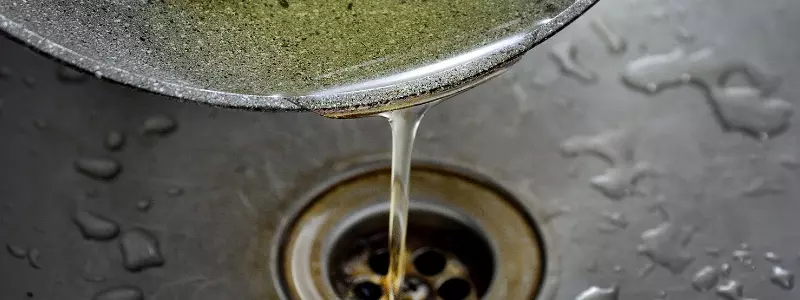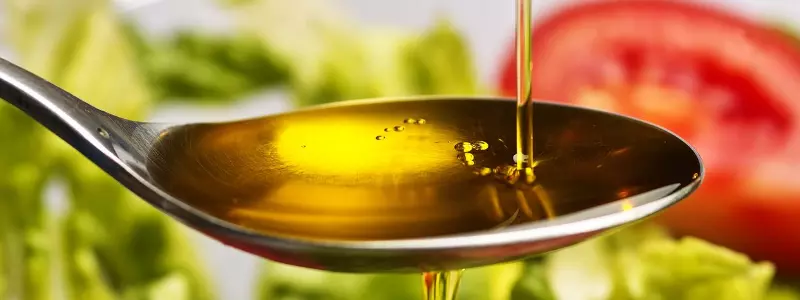Despite being one of the most commonly used ingredients in the kitchen, not many people know how to properly dispose of cooking oil. Out of ignorance, most people dump their waste fats and oils into the sink or in the garden where they are a nuisance to others and the environment. So, what is the correct way to go about getting rid of your used or excess cooking oil?
##What can I do with oil? It goes without saying that hot oil is not safe or easy to handle. Before anything, let it sit until it is cool enough to transfer into a sealed container. For some fats, cooling will result in hardening, after which you can throw it in the bin with the rest of your trash.
Can I pour oil down the sink?
Most people pour their excess oil down the sink because its environmental impact is not visible to them. Once released into the drains, the fats and oils accumulate and solidify, forming huge blockages that interfere with the sewerage systems. In the UK alone, blockages result in over 80% of sewer flooding incidents. These are not only costly to fix but also result in the release of toxic wastes into the soil and waterways.

Oil residue
Once the oil has been cleared from the frying pan or whichever vessel you used, you need to remove any traces of it by wiping with a kitchen roll. When washed down the sink, the oil remains could find their way into waterways where they are major pollutants. Oil in water bodies will reduce the oxygen levels, suffocating the living organisms and interfering with the ecosystem. It is also important to note that even if you dissolve the oil and fat particles off your dishes with hot water and soap, their molecules will solidify when they and form blockages over time.
Can I pour oil outside?
Another common mistake is disposing of excess oil outside. Many people believe that cooking oil made from plant products is safe for their garden. Though understandable, this is misinformed. Just like on water surfaces, oil seals off the air and will result in the suffocation of the plants, insects and other micro-organisms there.
In a nutshell, the best way to get rid of your waste cooking oil is to let it cool or solidify, seal it in a container, throw it in the bin and ensure it finds its way to the nearest recycling facility. There, it could be converted into bio-fuel to be used in transportation. A win for you, for the community, and for the environment.











